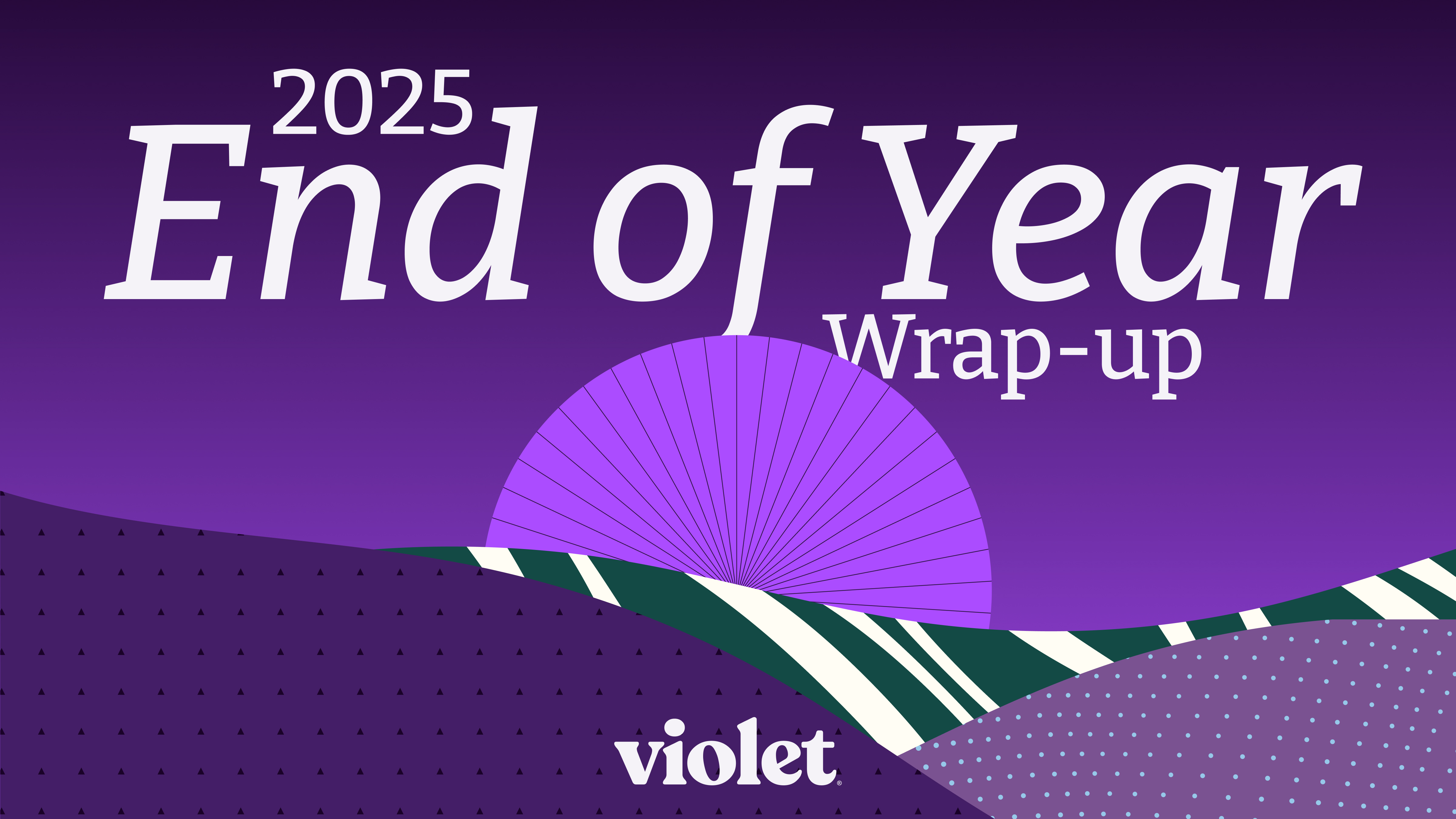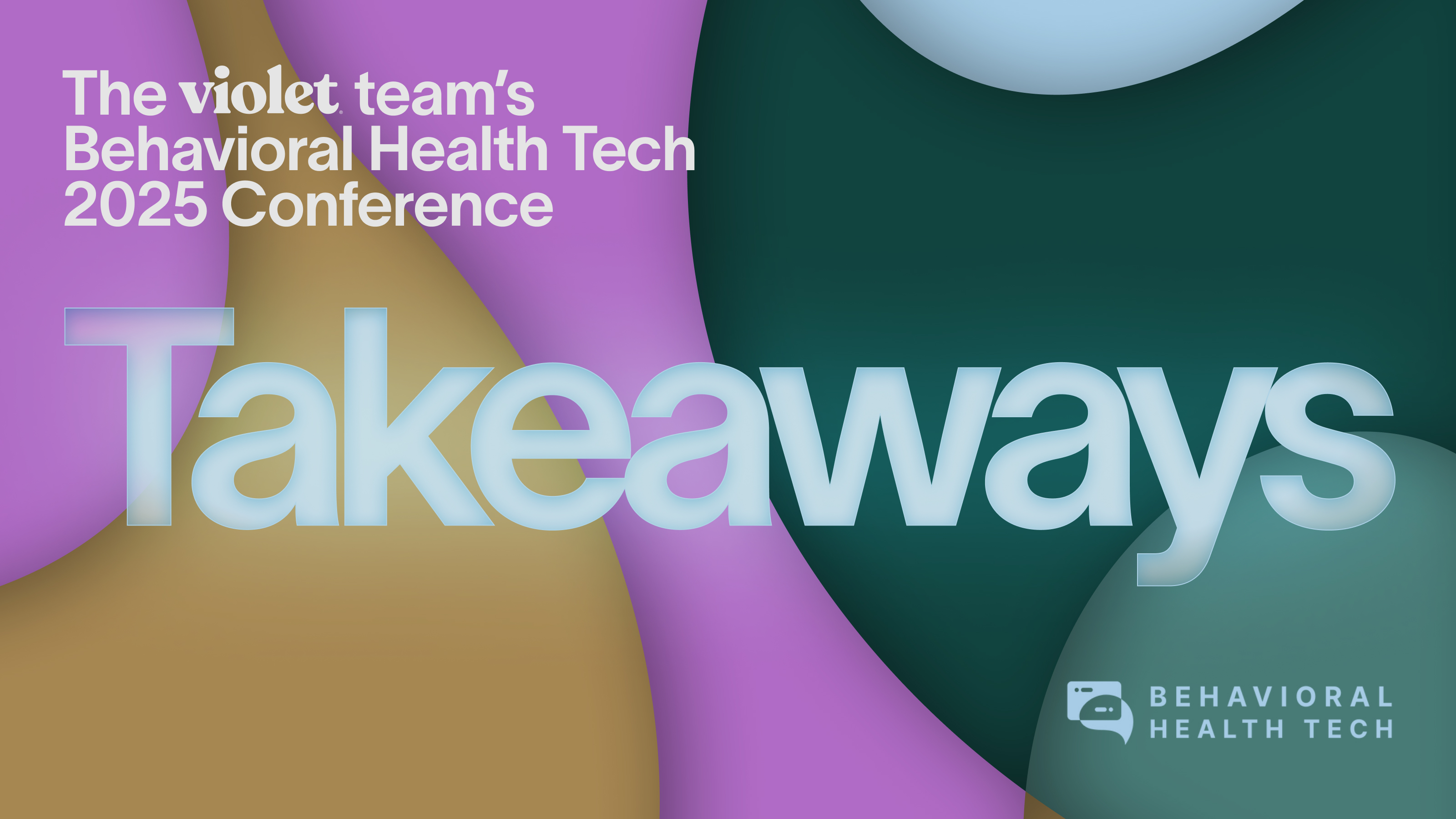Medi-Cal, California's Medicaid program, provides needed health care services for low-income individuals including families with children, seniors, persons with disabilities, foster care, and pregnant people.
Recently, Medi-Cal sent an All Plan Letter (APL) to managed care health plans (MCPs) with guidance regarding the Diversity, Equity, and Inclusion (DEI) training program requirements as part of an ongoing effort to advance health equity for Members. The goals of this strategy have three domains:
- Data collection. Complete, accurate data on member’s race, ethnicity, disability, language, and SOGI information will be used to address health care inequities regionally and across California Department of Health Care Services (DHCS) programs.
- Workforce diversity and cultural responsiveness. All levels of the Medi-Cal workforce should reflect the diversity of the Medi-Cal population and always provide culturally competent and linguistically appropriate care.
- Eliminating health care disparities. Eliminate racial, ethnic, and other disparities within the Medi-Cal population and support policy efforts to eliminate disparities, driven by social determinants of health.
By the specified date, MCPs must develop a DEI training program that encompasses sensitivity, diversity, cultural competency, and health equity training for all employees, contracted staff, and providers regardless of their cultural or professional training and background.
The DEI training program must at minimum include a consideration of social determinants of health, regional demographics, and disparity impacts of all of the MCP’s current members and any potential members, including but not limited to the seniors and persons with disabilities, those with chronic conditions, those with specialty mental health service and/or substance use disorder needs, those with intellectual and developmental disabilities, and children with special health care needs.
Other key components of the DEI training guidelines include:
- Consideration of structural and institutional racism and health inequities and their impact on members, staff, and providers.
- Information about the health inequities and identified cultural groups in the MCP’s service area, such as:
- The need for gender-affirming care
- Understanding traditional home remedies (non-allopathic medicine) that may impact what the provider recommends
- Language, literacy, and health literacy needs
- Accommodation of different learning styles and strategies to promote motivation and incentives to integrate concepts into practice and behavior change.
For the full text of the APL, visit this link.
At Violet, cultural competence training isn’t simply checking a box or fulfilling a requirement—it’s a crucial part of building an equitable health care system. Through inclusive care education, we can help all clinicians stay accountable for the health and well-being of diverse patients. And by standardizing cultural competence training, we’re building a clear path forward for patients, providers, and organizations.
To learn more about Violet’s approach to DEI training, book a demo today.
.png)
.svg)





.png)



.png)

.svg)



.svg)

